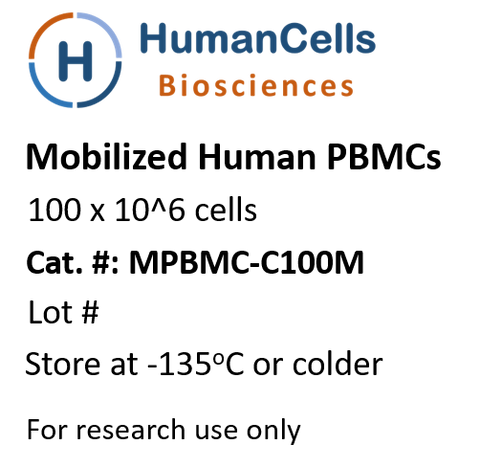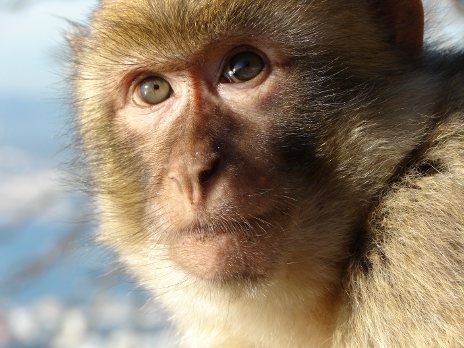
Mobilized Peripheral Blood Mononuclear Cells (PBMCs)

Human Peripheral Blood Mononuclear Cells (PBMC) are blood cells with a single round nucleus. These cells include lymphocytes (T, B and NK cells), monocytes and dendritic cells. Mononuclear cells are parts of the immune system which is critical for cell-mediated and humoral immunity.
Mobilized peripheral blood is collected after the donor is treated with a mobilization agent such as G-CSF (Neupogen® – FDA approved) or Plerixafor (Mozobil). Such treatment mobilizes blood stem/progenitor cells that normally reside in the bone marrow to enter the bloodstream. The content of CD34+ stem cells in the blood is therefore the most important parameter of graft quality. The optimal CD34+ cell dose is widely accepted to be 5 × 106/kg. Particularly, the more primitive CD34+/CD38- subset has been shown to have high self-renewal and repopulation capability. Stem cell mobilization also affects the properties of other components of the graft such as T lymphocytes and NK cells.
HumanCellsBio Human Mobilized PBMCs are isolated from healthy donors that have been mobilized with GCSF collected in acid-citrate-dextrose formula A (ACDA) as an anticoagulant. All donors must be tested negative for HBV, HCV and HIV and are IRB consented.







